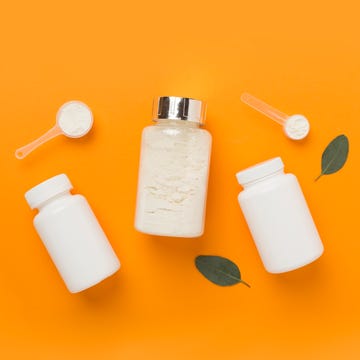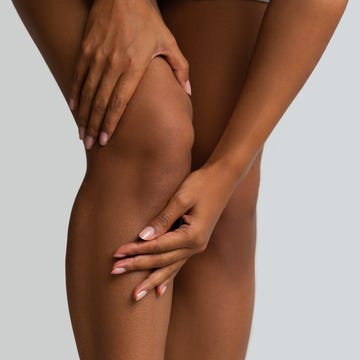Libido is your body's biological and psychological desire for sexual activity and is influenced by everything from your hormone levels to your mental health, stress load, sleep quality, and even whether you’ve had a decent meal. Some people have a high libido. Others? Not so much. What matters isn’t comparing yourself to someone else – it’s noticing your own patterns. A sudden drop or persistent disinterest could be a whisper (or a shout) from your body telling you something’s off. Your libido often comes back online when the rest of your system is supported… here’s what to keep an eye on.
Make time to de-stress
You can’t be in fight-or-flight mode and feel sexy at the same time. Chronic stress pumps out cortisol, which not only disrupts your sleep and mood, it suppresses libido. Stress kills desire because your brain is too busy focusing on survival.
The fix: Check your stress load. If you’re always 'on', build in daily decompression techniques such as deep breathing, walking or bedtime reading. A study by Sussex University suggested that within six minutes of being immersed in a book, your heart rate slows, blood pressure lowers and your muscles begin to relax.
What to read next
Catch up on sleep
Sleep is when your body resets hormone production, and balanced hormones lead to improved libido. Poor sleep lowers testosterone, messes with mood, and erodes energy, all of which affect desire. If you’re chronically tired, your body’s just trying to get through the day, not prioritise reproduction.
The fix: Prioritise sleep like it’s your job. A study in the Journal of Sexual Medicine found that sleep affected how much participants wanted sex - an extra hour of sleep led to a 14% increase in the odds of sex the next day.
Get moving
You don’t need to run marathons, but moving your body regularly boosts circulation, balances hormones, and improves body image. All of these are libido-friendly. Just avoid overtraining – that can lead to burnout and hormonal disruption.
The fix: Do what you love. Try anything that gets your heart pumping and boosts your mood, which will, in turn, lead to a boosted libido. In one study by sports brand Brooks, 41% of respondents said they felt friskier after running.
Check your hormone levels
While it’s always worth considering lifestyle causes first, addressing your stress, sleep and nutrition won’t solve the issue if your hormones are at the root of your low libido. Low testosterone can lead to a drop in libido, while oestrogen imbalances, especially during perimenopause or menopause, can also throw things off. And let’s not forget about thyroid hormones –these unsung heroes regulate energy, metabolism, and yes, sex drive.
The fix: If you’re perimenopausal or menopausal, talk to your GP if you haven’t already about whether starting HRT, or adjusting your current treatment, might help low libido. Testosterone supplementation may be considered for women who experience low sexual desire despite being on HRT for at least six months but should only be done under medical supervision.
Eat libido-boosting foods
Food is fuel, and poor fuel affects every system in the body. Blood sugar imbalances, nutrient deficiencies (eg iron and vitamin B12) and inflammation from a poor diet all contribute to low libido.
The fix: Ask your GP if you need a blood test to check for deficiencies. Then get back to basics: fill your plate healthy fats, lean protein, colourful vegetables, and complex carbs. Add zinc (oysters, pumpkin seeds) and magnesium (dark leafy greens, almonds), both of which are linked to sex drive. Healthy fats such as salmon and avocado may also help boost testosterone production.













